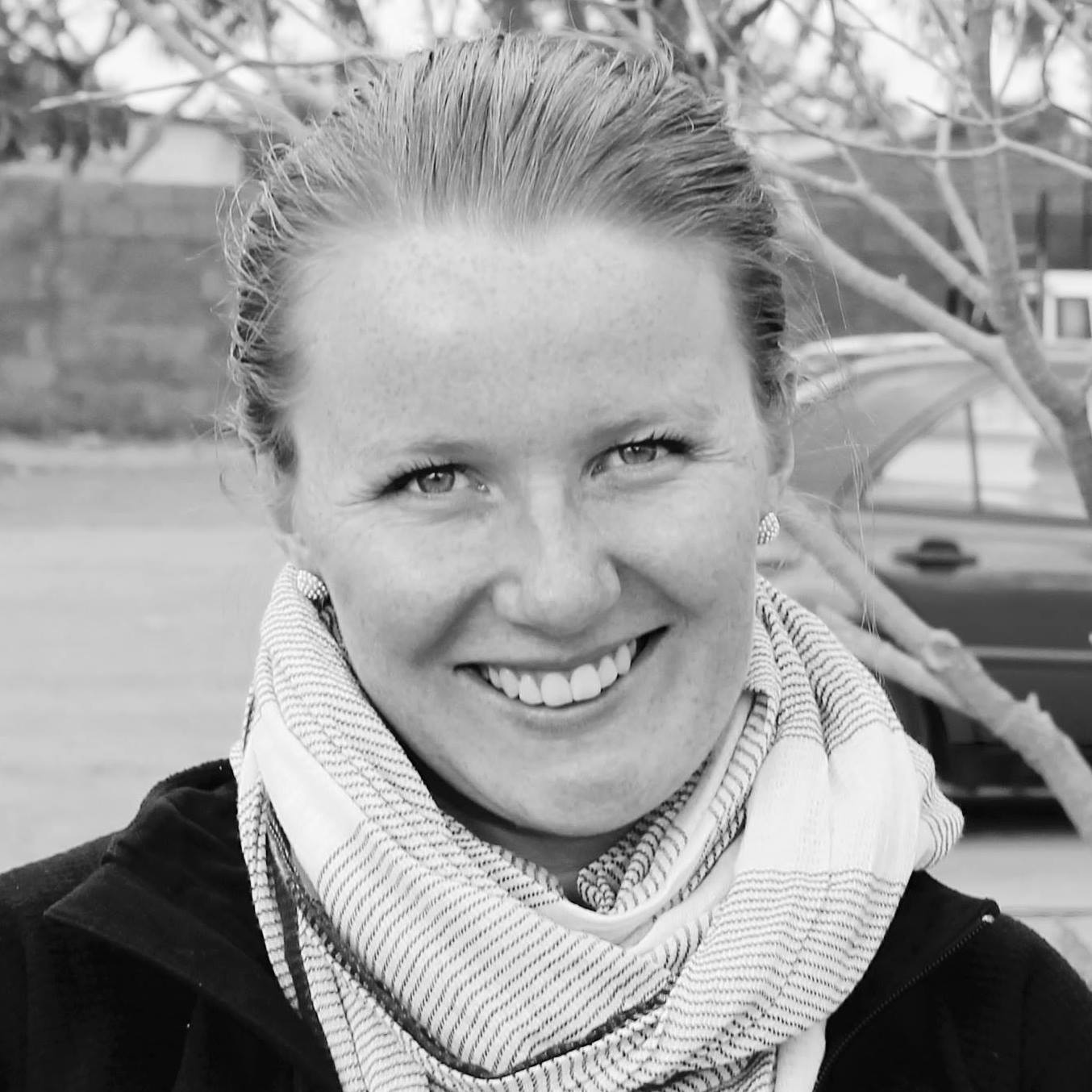
Biography:
Raffaella Taylor-Seymour is a UK-US Fulbright Scholar and PhD Candidate in the Departments of Anthropology and Comparative Human Development at the University of Chicago. She received her undergraduate degree in Archaeology & Anthropology from King’s College, Cambridge, and received the inaugural Fulbright-Diamond Family Foundation Award for research in Africa in support of her doctoral studies. Raffaella is the recipient of the Charlotte W. Newcombe Doctoral Dissertation Fellowship, the Association for Feminist Anthropology's Dissertation Award, the Association for the Sociology of Religion’s Joseph H. Fichter Award, and the Robert Lemelson Foundation Fellowship. At the University of Chicago she has been awarded the Bernice Neugarten Award and the Orin Williams Fellowship, and her field research has been funded by the Center for International Social Science Research, the Committee on African Studies, and the Pozen Family Center for Human Rights.
Dissertation: Intimate Rites: Localizing Queerness through Ancestral Spiritualities in Contemporary Zimbabwe
Raffaella’s research interests include the politics of gender and sexuality, religion and spirituality, subjectivity, and African Studies. Broadly, she is interested in the production of religious beliefs and practices, on the one hand, and changing cultural understandings about gender and sexuality, on the other. Her dissertation investigates these themes by examining how young people in Zimbabwe are developing new expressions of queerness through the reinvention of spiritual practices involving ancestors. In Zimbabwe, nationalist politicians and religious leaders frame same-sex intimacies as imports from the West, opposed to both African traditions and Christianity. In response, Western donors have poured millions into defending the rights of LGBTQ Africans, who they view as victims of religious and cultural persecution. Yet young queer Zimbabweans participate in and move between LGBTQ organizations, Pentecostal churches, and sites associated with traditional religious practices. Raffaella’s dissertation shows how young queer Zimbabweans are inspired by Pentecostalism to revive ancestral spiritual practices. In the process, she argues that queer Zimbabweans simultaneously remake ancestral spirituality through ideas taken from LGBTQ organizing and localize understandings of queerness in Zimbabwe.
Recent Research / Recent Publications
This dissertation investigates intergenerational memory practices and social transformation in post-genocide Rwanda. In recent years, concerns about psychosocial well-being of the youth born after the 1994 Genocide Against the Tutsi have spurred Rwandans of all ages to establish formal and informal intergenerational dialogues in which to discuss the past. Building on these observations, and drawing on studies of memory, generations, and post-conflict contexts, as well as initial fieldwork, my research explores how Rwandans are using memory practices to reconfigure social relationships, with implications for how “Rwandan” identity will be understood in the future. By memory practices, I refer to the material, affective, and semiotic processes through which memories are internalized, externalized, and rendered capable of circulating. I hypothesize that through such practices Rwandans negotiate a complicated relationship to the past to transform social boundaries and imaginaries. Tracking the work of official and unofficial memory practices within and across three multi-generational youth-focused organizations, as well as in popular media and at the level of policy, this project explores how “memories” are made tangible in the present and their import on social life. What practices enable individual and collective resolution after violence, and how do these practices change over time?
 THE UNIVERSITY OF CHICAGO
THE UNIVERSITY OF CHICAGO

